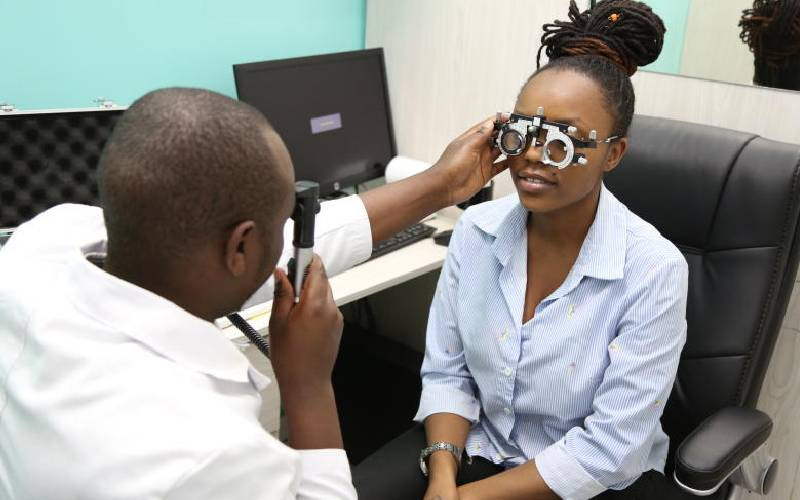×
The Standard e-Paper
Home To Bold Columnists

For 22 years Beth Neri has been battling glaucoma, a condition that damages the eyes' optic nerves. The condition is mostly caused by high pressure in the eyes.
Neri, 32, has children battling the same condition, which is expensive without health insurance.